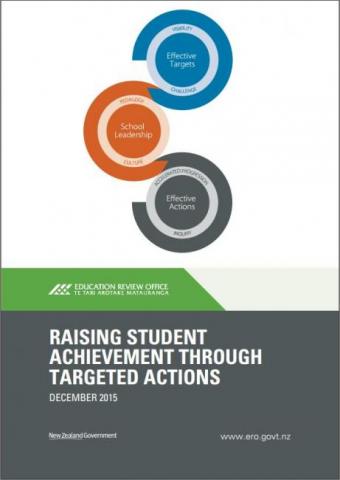Collaboration in Action: Lessons from a Community of Practice
Published: 10 May 2021
This short report accompanies our report Exploring Collaboration in Action: Kahukura Community of Practice. It looks at the lessons that can be learnt from the Kahukura community of practice, drawing out key lessons on collaboration and providing seven key implications for schools who are interested in collaborating to consider.
- Audience:
- Academics
- Early learning
- Education
- Schools
- Content type:
- Research
- Topics:
- Te Ihuwaka | Education Evaluation Centre
- Collaboration
- Decision making
- English-medium
- Evaluation
- Guidance
- Improvement
- Intermediate
- Internal evaluation
- Knowledge building
- Primary
- Relationships
- School leaders
- Schools
- Secondary
- Students
- Teachers | Kaiako
- Teaching







